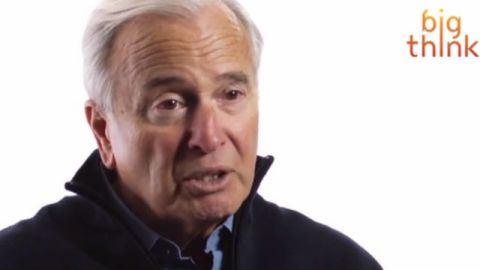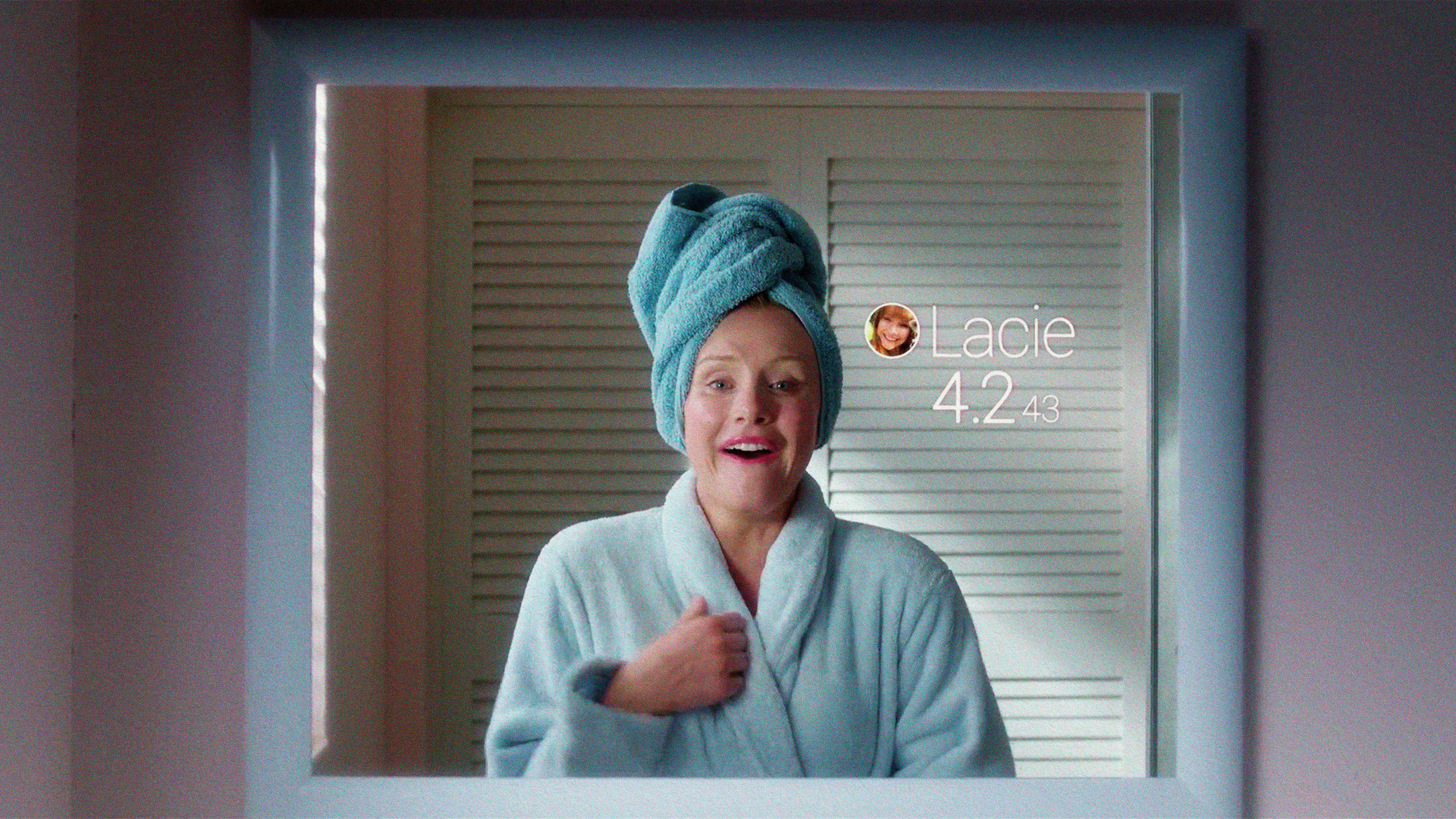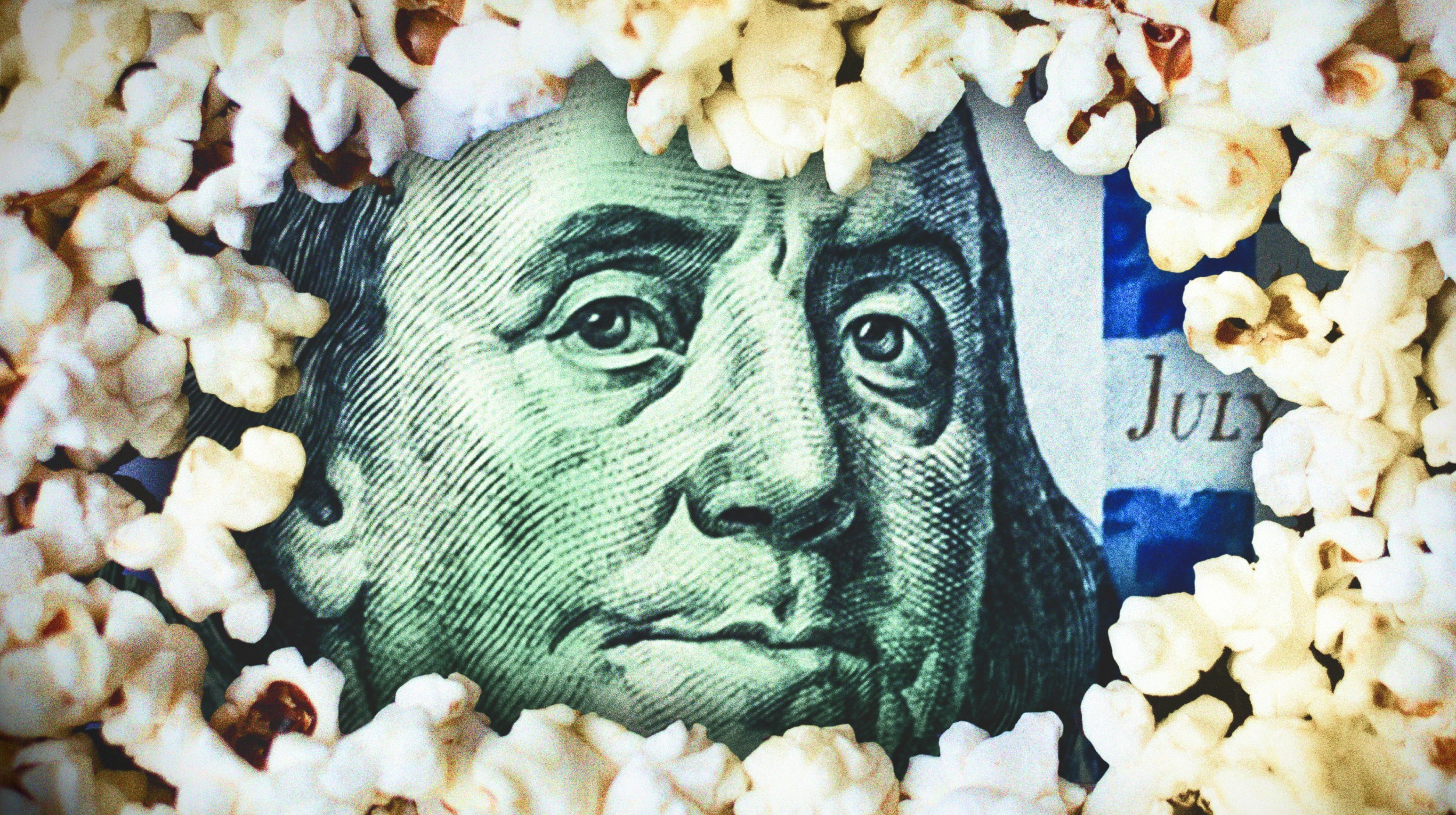Ken Auletta on How Netflix Killed Blockbuster

Blockbuster was once the Starbucks of movie rentals. When one wanted to watch a new release, one would drive to the local Blockbuster and peruse the shelves. Now the movie rental store has gone the way of the record shop. The New Yorker‘s media observer Ken Auletta explains to Big Think how Blockbuster made a fateful mistake and could have perhaps dodged the Netflix asteroid.
“Netflix in the early days–-we’re talking about the late 1990s-–was terrified that it was gonna go out of business,” Auletta says. “They were mailing DVDs and it was very expensive to do that so they weren’t making any money. And Blockbuster was this colossus, and so Reed Hastings, the founder of Netflix, gets on an airplane and goes to Dallas to try and convince Blockbuster to come together and partner in some way.” One would think that Blockbuster would have taken the hint that their industry was about to be disrupted. “Ultimately, what he really wanted to do was for Blockbuster to buy Netflix and for Netflix to be their long range online arm, because he knew one day he would be delivering television, or video over the Internet.” says Auletta. “And Blockbuster could have its stores, but he thought the stores would be in decline as, in fact, happened.”
As we all know, Hastings’ hail Mary pass did not pan out as he had hoped during that business trip. In fact, fate surpassed his wildest dreams. The triumphant conclusion? “Blockbuster in retrospect stupidly declined to invest in Netflix. And within a couple of years Netflix had basically helped destroy Blockbuster,” says Auletta. Now Netflix is synonymous with enjoying a night in. It has also helped usher in the trend of bingeing on one’s favorite shows.
Blockbuster could not compete with Netflix’s conveniences. “Netflix was basically, you know, get what you want when you want it, and knew that they would move away from the DVD business to the download video business,” explains Auletta.
Simply put, Blockbuster lacked vision and was blindsided, much like how Amazon disrupted the publishing industry with the rise of ebooks via the Kindle. Much of Netflix’s success, in fact, comes from mimicking the benefits of reading a book.
“I think it’s very accurate to compare Netflix to a book. I think that’s part of the forward vision that Hastings had,” says Auletta. “What Netflix has done with what has come to be called bingeing, it basically replicates a book, because it basically says you want to watch ‘House of Cards’ or ‘Orange is the New Black,’ you don’t have to wait and watch it at ten o’clock on Friday nights or eight o’clock on Thursday nights. You can watch it whenever you want. And, by the way, you don’t have to watch commercials.”
In retrospect, these conveniences seem simple, obvious. Who wants to watch commercials? Who wants to wait weeks to find out how a thrilling series ends? Blockbuster was the slow giant that failed to innovate. “Blockbuster had the resources, and had it been smart enough to go online, invest some of those resources to go online, they would have decimated Netflix,” says Auletta.
This is the first part of a series featuring Auletta’s business insights. Watch a clip from Big Think‘s interview:





